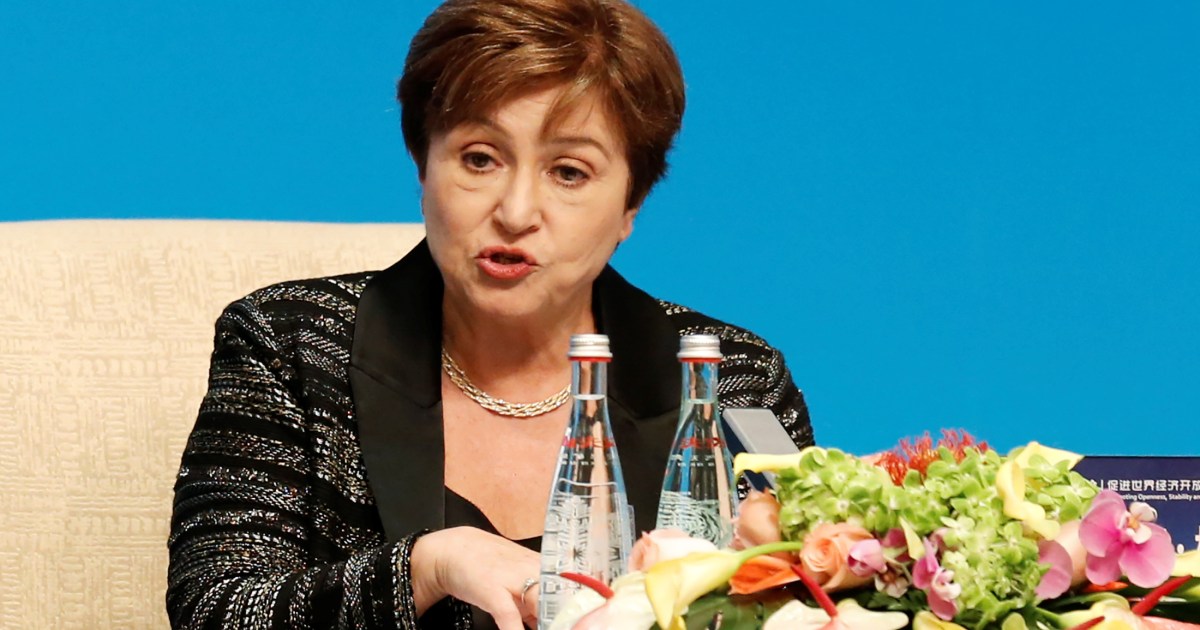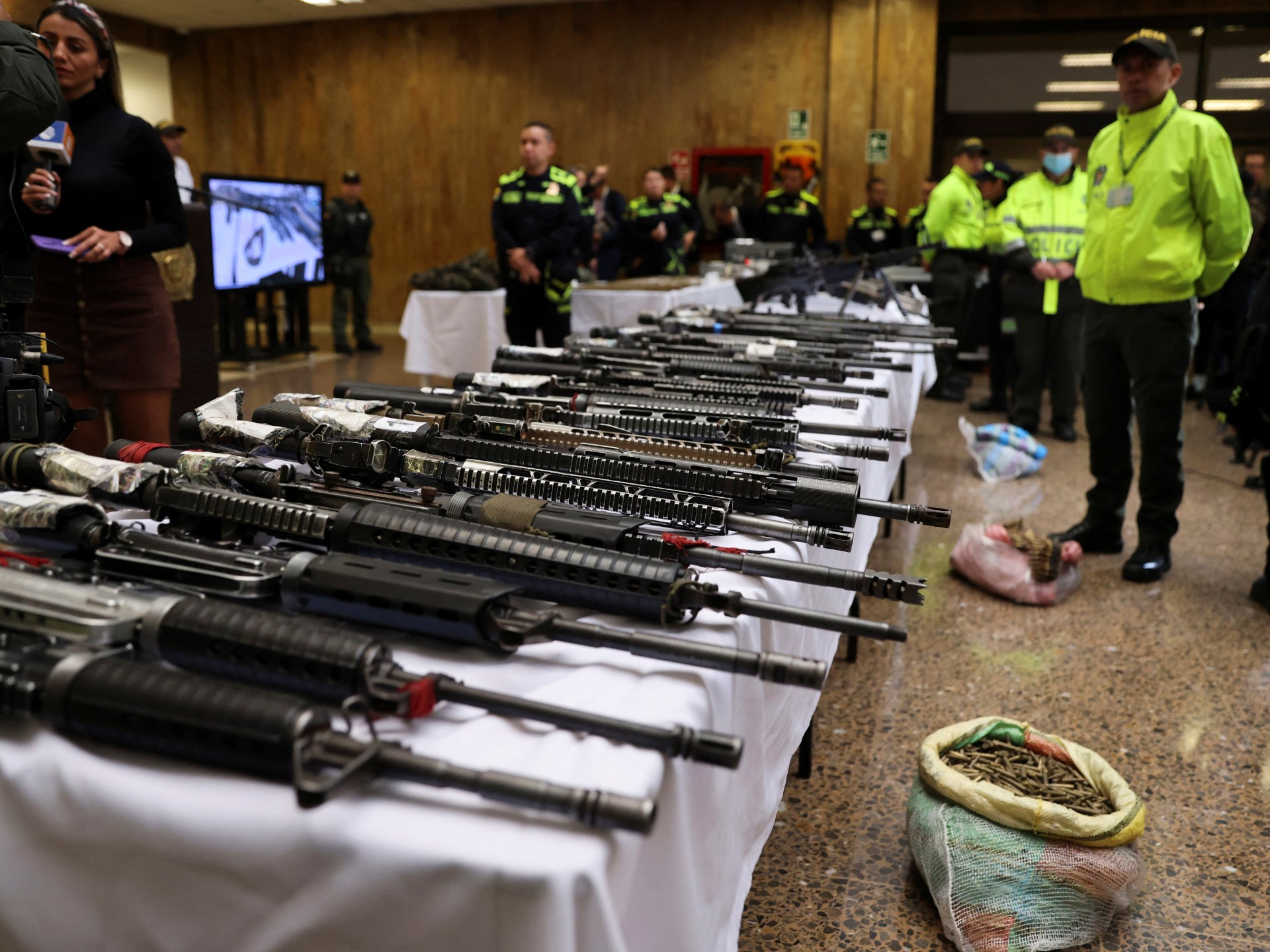IMF chief warns of global risks from prolonged China slowdown | Economy
Kristalina Georgieva says Beijing has room to take measures to support the world’s second-biggest economy.
China’s actions to support the economy will be vital to the global recovery, the head of the International Monetary Fund has said, warning that a prolonged slowdown would have substantial spillover effects.
IMF Managing Director Kristalina Georgieva said on Thursday Beijing had room to take measures to prop up growth amid a deteriorating outlook for the world’s second-biggest economy.
In a video speech to the annual Boao Forum for Asia in China’s Hainan province, Georgieva said policy support could include “shifting the focus toward vulnerable households to strengthen consumption, which can also help support China’s climate goals by steering economic activity to lower-carbon sectors”.
“Stronger policy efforts in the property sector can also help secure a balanced recovery,” Georgieva said.
Major financial institutions including UBS, the Bank of America, Barclays, and Standard Charted have downgraded their growth forecasts for 2022 in recent days, pouring doubt on Beijing’s target of about 5.5 percent.
On Tuesday, the IMF cut its forecast for China to 4.4 percent, down from 4.8 percent. Beijing’s strict “dynamic zero COVID” strategy has forced much of China into lockdown, disrupting production at factories and curbing consumption among the general public.
Among China’s top 100 cities by economic size, all but 13 are under pandemic restrictions, with the intensity of controls on the rise, according to a recent analysis by investment research firm Gavekal.
China’s economy grew 4.8 percent year on year in the first quarter, according to government data. While beating expectations, the figure covers only a small period of the ongoing lockdown in Shanghai, China’s most populous city and financial capital, where residents have complained of food shortages and made rare public displays of dissent.
Global supply chains
“China had already been moving from a nation of shippers to a nation of shoppers, with a focus away from exports to domestic consumption and investment,” Tim Harcourt, chief economist at the Institute for Public Policy and Governance at the University of Technology Sydney, told Al Jazeera.
“They also needed to slow down the economy to take into account environmental considerations. So the recent COVID outbreak has done just this. But the world economy still needs to be watchful of China because of its pivotal role in global supply chains.”
Last week, the People’s Bank of China announced a cut to the amount of deposits banks must hold in reserve in an effort to support growth, releasing about 530 billion yuan ($82bn) of liquidity into the economy – below market expectations. Despite expectations of interest rate cuts in recent weeks, the central bank has kept rates steady since January in an indiction policymakers remain cautious about fuelling excessive debt.
Chinese President Xi Jinping has repeatedly defended the “zero COVID” approach, even as the rest of the world learns to live with the virus.
Speaking at the same forum on Thursday, Xi said China’s economy remained resilient and called for cooperation to “defend people’s lives and health”.




